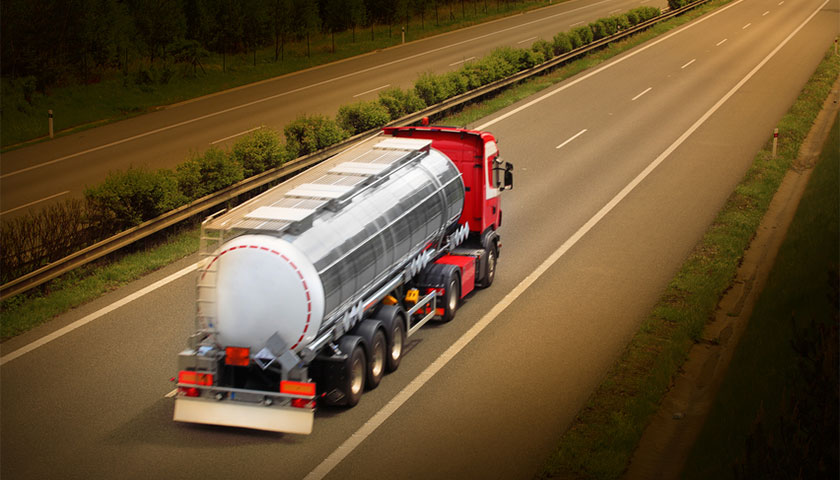Chemical Logistics: Formula for Success
As the chemical industry continues to grow, shippers and their service partners work hard to keep product moving, trouble-free.
Take the 859 million tons of chemicals that U.S. companies shipped in 2014, load that volume onto rail cars, and you’d fill enough cars to circle the globe three times, says the American Chemistry Council (ACC). The $801-billion U.S. chemical industry represents 15 percent of the world’s chemical production, according to the industry organization. And the chemical business is set to expand in the next few years.
U.S. chemical production will grow by 2.9 percent in 2016 and 4.4 percent in 2017, predicts the ACC in its report, Year-End 2015 Chemical Industry Situation and Outlook. That rise corresponds with an increase in manufacturing capacity: Since 2010, companies have announced more than 261 new chemical production projects worth a total of $158 billion, reports the ACC.
Logistics services for chemical companies will grow by five to six percent by 2019, according to a 2015 report by London-based Technavio Research. “We expect this market to reach between $450 billion and $500 billion by 2019,” says Sharan Raj, lead analyst with Technavio’s transportation and logistics team. That’s up from an estimated $350 billion in 2014.
Of that total, North America’s share is $50 billion to $70 billion and is set to grow by 3 percent, Raj says.
Chemical producers increasingly outsource logistics functions to third-party logistics (3PL) providers. They make that choice, in part, because they want to leave logistics functions to companies with the expertise and infrastructure.
“Chemicals are a complex supply chain,” Raj observes. “Each region, state, and country has different rules and regulations regarding chemical goods transport.” Outsourcing is the best way to gain efficiencies.
Logistics outsourcing is on the rise, agrees Christopher Wright, vice president, sales and marketing at Rinchem Company, a global, asset-based chemical 3PL with headquarters in Albuquerque. “Large chemical manufacturers are merging or purchasing other large chemical firms,” he says. “As a result, many firms are acquiring businesses with highly regulated, complex chemical supply chains.”
After consolidation, a chemical company might find itself shipping and storing products that it has never handled before. It would take years to develop the in-house logistics expertise those products require, “so it ends up outsourcing to an experienced partner,” Wright says.
As they form relationships with 3PLs, chemical shippers bargain hard on price. “There is a sustained pressure from the customer to keep prices low,” Raj says. “And shippers demand value-added services at no additional cost.”
Handling Hazmat
Companies that produce, distribute, and transport chemicals deal with many of the same logistics concerns—transportation capacity, government regulation, safety—that affect their colleagues in other industries. But for chemical firms, those issues have their own special flavor.
Among them, safety concerns are paramount. “The majority of our freight is hazardous,” notes John Adams, director of logistics and business analytics at Hydrite Chemical Company. Based in Brookfield, Wis., Hydrite started life as a chemical distributor, but over the past decade it has added manufacturing facilities in the Midwest and California. Using both a private fleet and common carriers, Hydrite ships products to customers in industrial production; agriculture; biofuels; food processing; graphic arts; oil and gas; paints, coatings, inks, and adhesives; and pulp and paper.
A business that deals in hazardous materials (hazmat) can’t take transportation lightly. “We have to vet our carriers a little more,” Adams says. “There aren’t a lot of ‘call and haul’ situations; there are a lot of long-term relationships.”
Hydrite has developed an audit process to monitor whether its transportation partners uphold the necessary safety standards. “A compliance manager in our facility works with carriers to make sure they’re up to date on their hazmat and other requirements, along with insurance,” Adams says.
“To keep the world safe and protect the environment, governments have developed strict laws and regulations related to the transport, handling, storage, and segregation of dangerous goods,” says Wright. “Rinchem views these regulations as a necessary part of global logistics, and we take pride in compliance.”
See the full article @inboundlogistics.com
